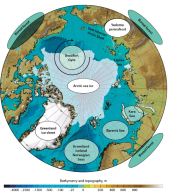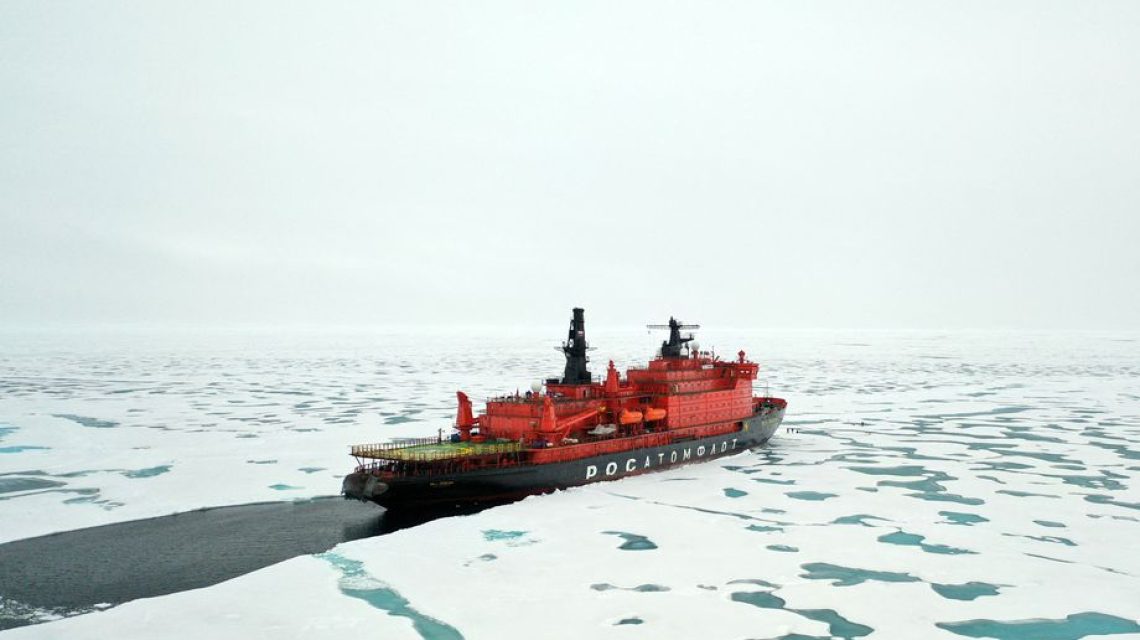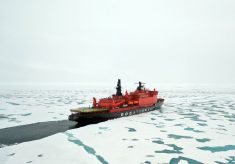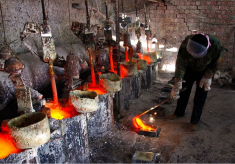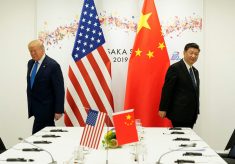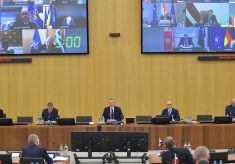Jason Pack
Jason Pack is the Founder of the boutique consultancy
Libya-Analysis LLC and the US-based non-profit
Eye on ISIS. His most recent book, Libya and the Global Enduring Disorder (Oxford University Press) explores what Libya’s dysfunctional economic structures and its ongoing civil war reveal about broader patterns in 21st century geopolitics. In his role as Senior Analyst for Emerging Challenges with the Foundation, he will lead a special programme entitled “NATO and the Global Enduring Disorder,” which will produce a range of content (including a podcast and series of publications) sketching out a “unified field theory” of our current era of geopolitics while proposing actionable solutions to our most pressing collective action challenges.
